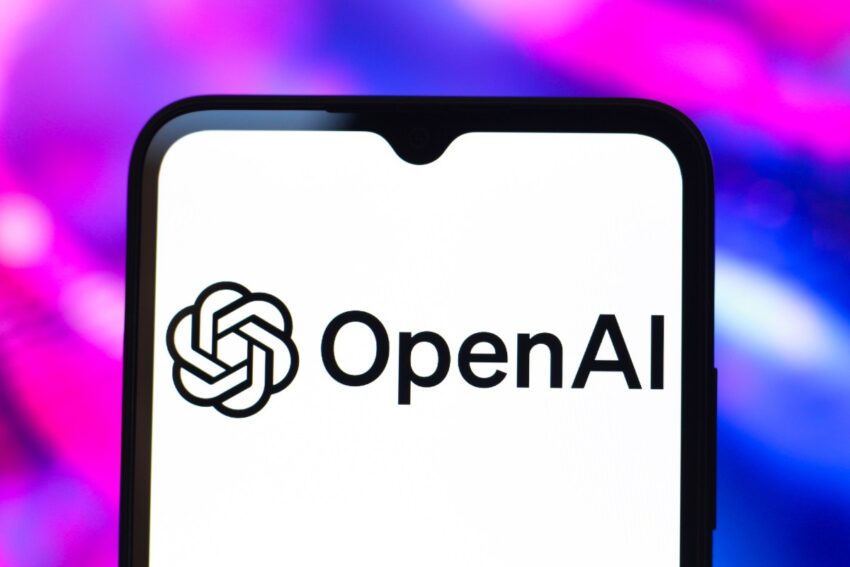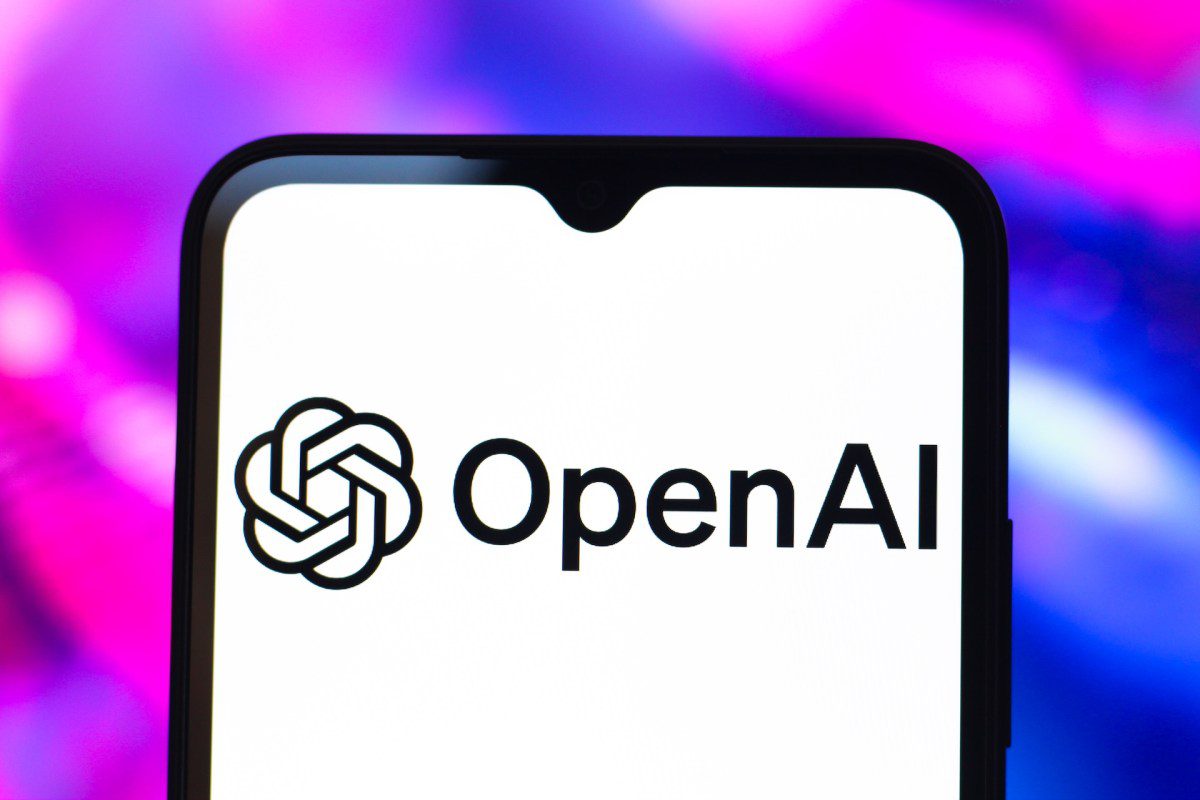
openai asked trump administration to expand chips A recent letter from OpenAI reveals more details about how the company is hoping the federal government can support its ambitious plans for data center construction.
openai asked trump administration to expand chips
OpenAI’s Request for Support
In a letter addressed to the Trump administration, OpenAI has articulated its desire for the federal government to expand the existing Chips Act tax credit. The company is specifically requesting that the tax incentives be extended to include data centers, which are critical to its operations. This move underscores OpenAI’s commitment to scaling its infrastructure in order to meet the growing demands of artificial intelligence (AI) development and deployment.
The Chips Act: A Brief Overview
The Chips Act, officially known as the CHIPS for America Act, was enacted in 2021 with the aim of bolstering domestic semiconductor manufacturing. The legislation provides substantial funding and tax incentives to encourage companies to invest in chip production within the United States. By fostering a robust semiconductor industry, the government aims to reduce reliance on foreign supply chains, which have been disrupted in recent years due to geopolitical tensions and the COVID-19 pandemic.
OpenAI’s request to include data centers in the tax credit framework is significant, as it highlights the increasing importance of robust computational resources in the AI landscape. Data centers are essential for processing vast amounts of data and running complex algorithms that underpin AI technologies. As AI models become more sophisticated, the demand for high-performance computing resources continues to rise.
Implications of OpenAI’s Request
Should the federal government agree to OpenAI’s request, it could have far-reaching implications for both the company and the broader tech industry. Expanding the tax credit to cover data centers would not only lower operational costs for OpenAI but could also incentivize other tech companies to invest in similar infrastructure. This could lead to a surge in data center construction across the United States, potentially creating thousands of jobs in the process.
Economic Impact
The expansion of the tax credit could stimulate economic growth in multiple sectors. For instance, construction firms specializing in data center development would likely see increased demand for their services. Additionally, suppliers of hardware and software components for data centers could benefit from a rise in orders as companies ramp up their infrastructure capabilities.
Furthermore, the enhanced focus on data centers aligns with the U.S. government’s broader goals of fostering innovation and maintaining technological leadership on the global stage. By supporting companies like OpenAI, the government can help ensure that the United States remains at the forefront of AI research and development.
OpenAI’s Vision for the Future
OpenAI has consistently positioned itself as a leader in the AI field, with a mission to ensure that artificial general intelligence (AGI) benefits all of humanity. To achieve this ambitious goal, the company recognizes the necessity of robust computational resources. In its letter, OpenAI outlined its plans for building new data centers that would not only support its own operations but also contribute to the broader AI ecosystem.
Infrastructure Needs
The company has indicated that the construction of new data centers is essential for several reasons:
- Scalability: As AI models grow in complexity and size, the need for scalable infrastructure becomes paramount. OpenAI’s existing data centers may not be sufficient to handle future demands.
- Performance: High-performance computing is crucial for training advanced AI models. New data centers equipped with cutting-edge technology can significantly enhance processing capabilities.
- Reliability: Building additional data centers can improve system redundancy, ensuring that services remain operational even in the event of hardware failures.
Environmental Considerations
OpenAI is also aware of the environmental implications of expanding its data center footprint. The company has committed to sustainable practices and aims to minimize the carbon footprint associated with its operations. In its letter, OpenAI expressed a willingness to explore renewable energy sources for powering new data centers, aligning with global efforts to combat climate change.
By investing in energy-efficient technologies and sustainable practices, OpenAI can not only meet its operational needs but also contribute positively to environmental goals. This approach may resonate well with policymakers who are increasingly focused on sustainability in technology development.
Stakeholder Reactions
The response from stakeholders regarding OpenAI’s request has been mixed. Supporters argue that expanding the tax credit is a logical step in fostering innovation and ensuring that the U.S. remains competitive in the global tech landscape. They contend that the benefits of supporting AI development far outweigh the costs associated with the tax incentives.
Support from the Tech Community
Many in the tech community have expressed enthusiasm for OpenAI’s initiative. Industry leaders believe that the expansion of the Chips Act tax credit could serve as a catalyst for growth in AI and related fields. By lowering the financial barriers to building data centers, more companies may be encouraged to invest in AI research and development, ultimately leading to advancements that could benefit society as a whole.
Concerns from Critics
On the other hand, some critics have raised concerns about the potential for government subsidies to distort market dynamics. They argue that providing tax incentives to specific companies could lead to an uneven playing field, where larger firms like OpenAI receive disproportionate advantages over smaller startups. This could stifle competition and innovation in the long run.
Additionally, there are worries about the environmental impact of expanding data center infrastructure. Critics argue that without stringent regulations, the construction of new data centers could lead to increased energy consumption and carbon emissions. They advocate for a balanced approach that considers both economic growth and environmental sustainability.
Conclusion
OpenAI’s request to expand the Chips Act tax credit to cover data centers is a significant development in the ongoing dialogue about the future of AI and technology in the United States. As the company seeks to scale its operations to meet the demands of an evolving industry, the response from the federal government will be crucial in determining the trajectory of AI development in the country.
The implications of this request extend beyond OpenAI, potentially influencing the broader tech landscape and shaping the future of AI research and development. As stakeholders weigh the benefits and drawbacks of such a move, the conversation surrounding government support for technology infrastructure will continue to evolve.
Ultimately, the outcome of OpenAI’s request could set a precedent for how the U.S. government approaches support for emerging technologies in the years to come. As the nation grapples with the challenges and opportunities presented by AI, the decisions made today will have lasting implications for the industry and society as a whole.
Source: Original report
Was this helpful?
Last Modified: November 9, 2025 at 5:40 am
1 views















